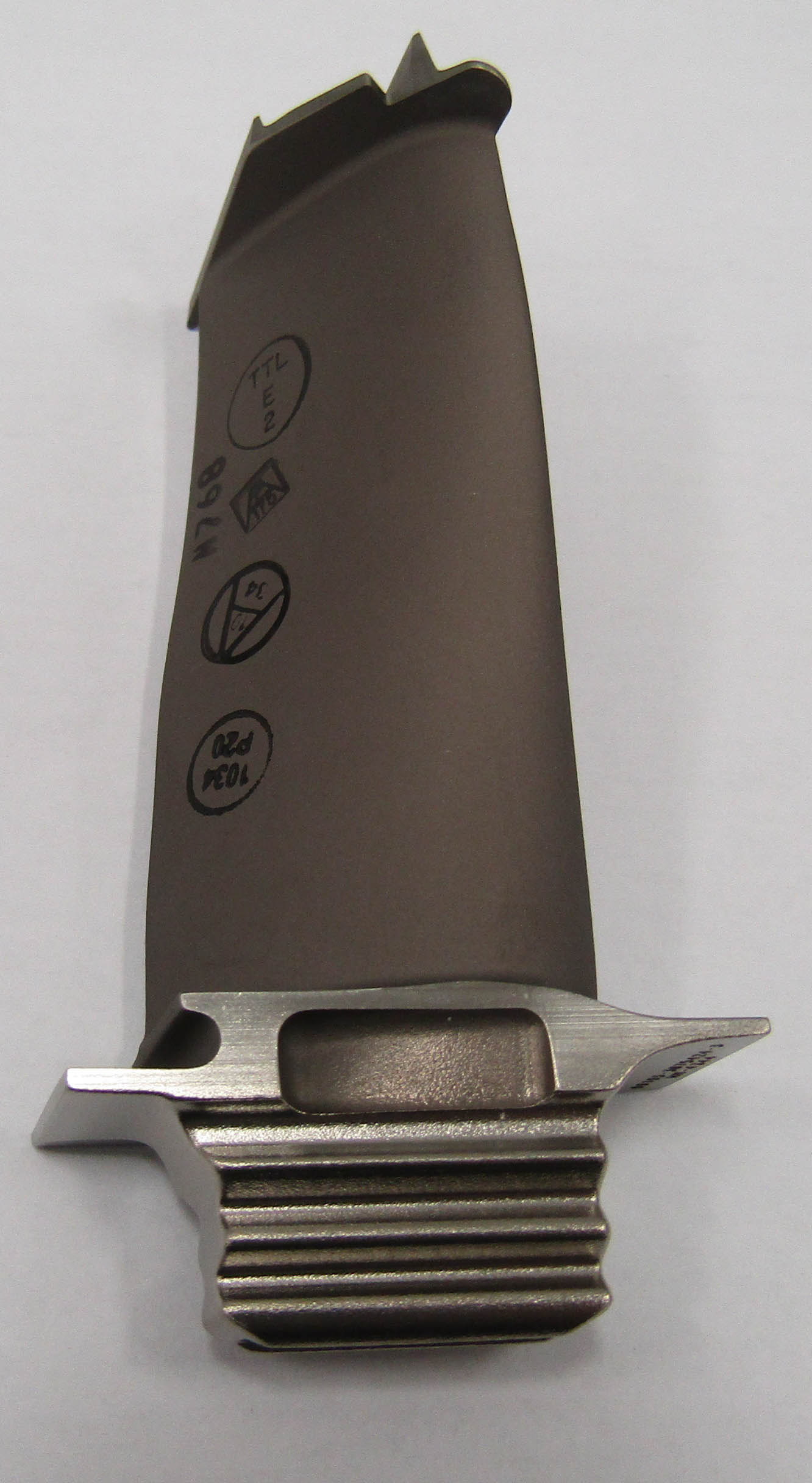The window for Honeywell’s TFE Engine Service Bulletin (SB) TFE731-72-5221 & associated FAA Airworthiness Directive (AD) AD 2012-16-14 is coming to a close. To be eligible for any OEM warranty consideration, affected engines need to comply by October 1, 2017.
The AD is applicable to specific Honeywell turbofan engines. The engines in question may have had discrepant stage 2 LPT (low pressure turbine) blades installed either from new or during an engine maintenance event.
Aircraft with engine installations that may be affected:
Per Honeywell's Service Bulletin (SB) TFE731-72-5221 referenced in the AD:
"Some LPT2 rotor blades, PN 3075424-2, -3, produced from specific machining lots were machined with an aft discourager that was longer than the design requirement. During certain engine operating conditions, it is possible for these LPT2 rotor blades, PN 3075424-2, -3, to contact the LPT3 nozzle assembly, PN 3060655-6, causing rub damage to the LPT2 rotor blades, PN 3075424-2, -3, and LPT3 nozzle assembly, PN 3060655-6. This rub damage, if severe, could result in the separation of the LPT3 nozzle assembly, PN 3060655-6, which would cause an engine shutdown and a possible uncontained LPT disc event. LPT2 rotor blades, PN 3075424-2, -3, are used in LPT2 rotor assembly, PN 3060608-2, -3, -5."
The SB and AD require the blades be removed from service at the next MPI (Major Periodic Inspection), not to exceed 3,000 hour time since new, or no more than 5 years after the effective date of the AD (no later than October 1, 2017), whichever comes first.
 From New
From NewThe majority of new engines that may have had the blades installed were in the TFE731-50R-1H installation on the Hawker 900XP airframe, although a few TFE731-20AR-1B engines on Lear 40/45 series aircraft were also affected.
Engines already in service may also be affected if the suspect turbine blades were installed during engine maintenance performed between March 2009 and September 2010.
In either case (blades installed from new or at access), the subject LPT2 blades and disc will need to be removed from the engine and blades replaced or inspected by a Honeywell Authorized Facility for compliance.
We encourage operators to engage in a logbook review without delay in accordance with the SB to determine effectivity and compliance of your engines. Duncan Aviation, as a fully Authorized TFE Service Center, can facilitate compliance at any time convenient to you.
Contact any Duncan Aviation Turbine Engine Service Sales Reps for more information.
Honeywell Ensemble & EDG-100: Enhanced HTF7000 Engine Data Management
Honeywell TFE731 N2 Monopole Improvement: SB Updates & Troubleshooting
Aircraft Engine Low Utilization Inspections (LUI): When They're Really Due
Top Nine Questions Customers Have About Aircraft Engines
Troubleshooting ENG Anti-Ice On The G200